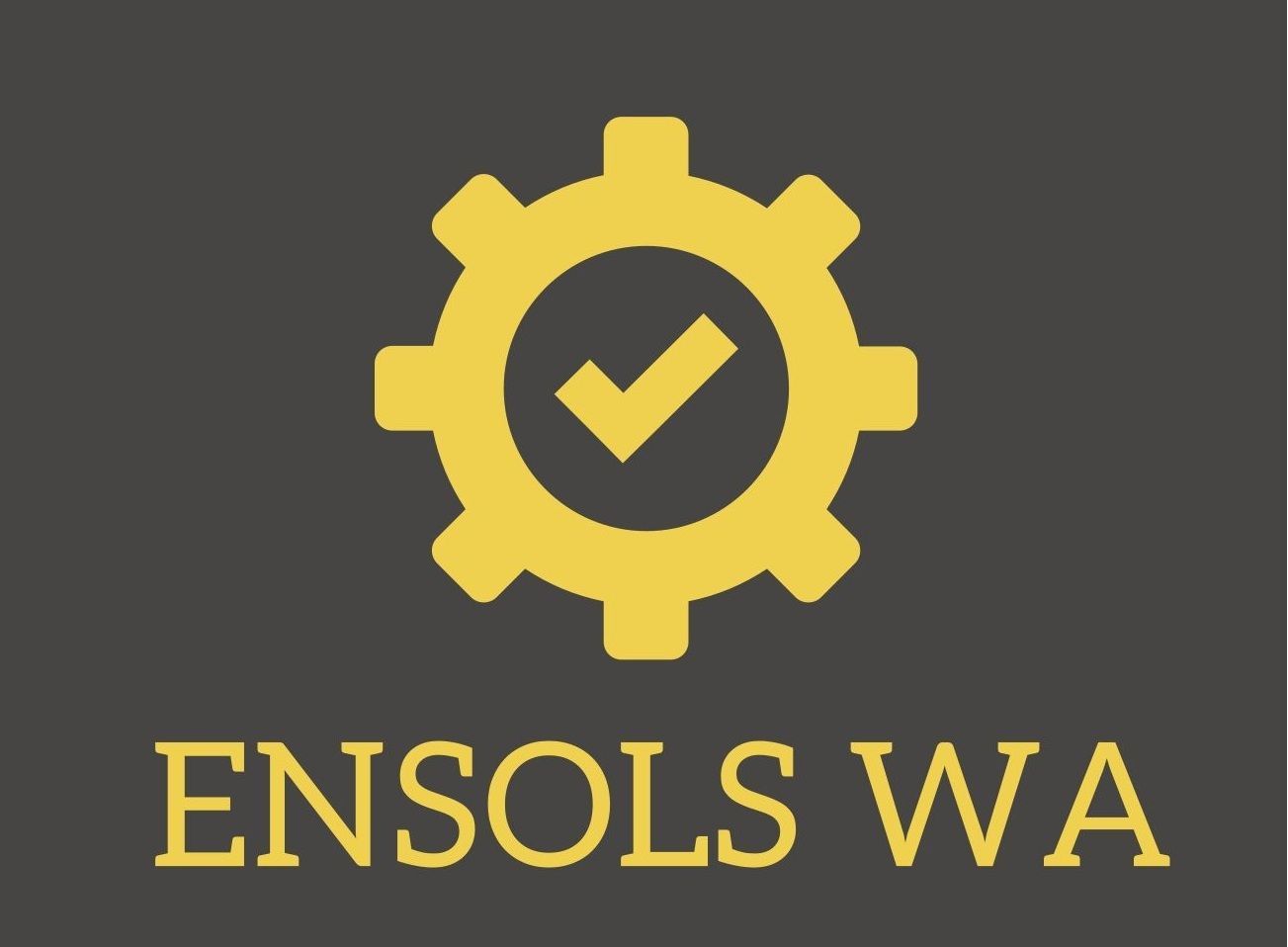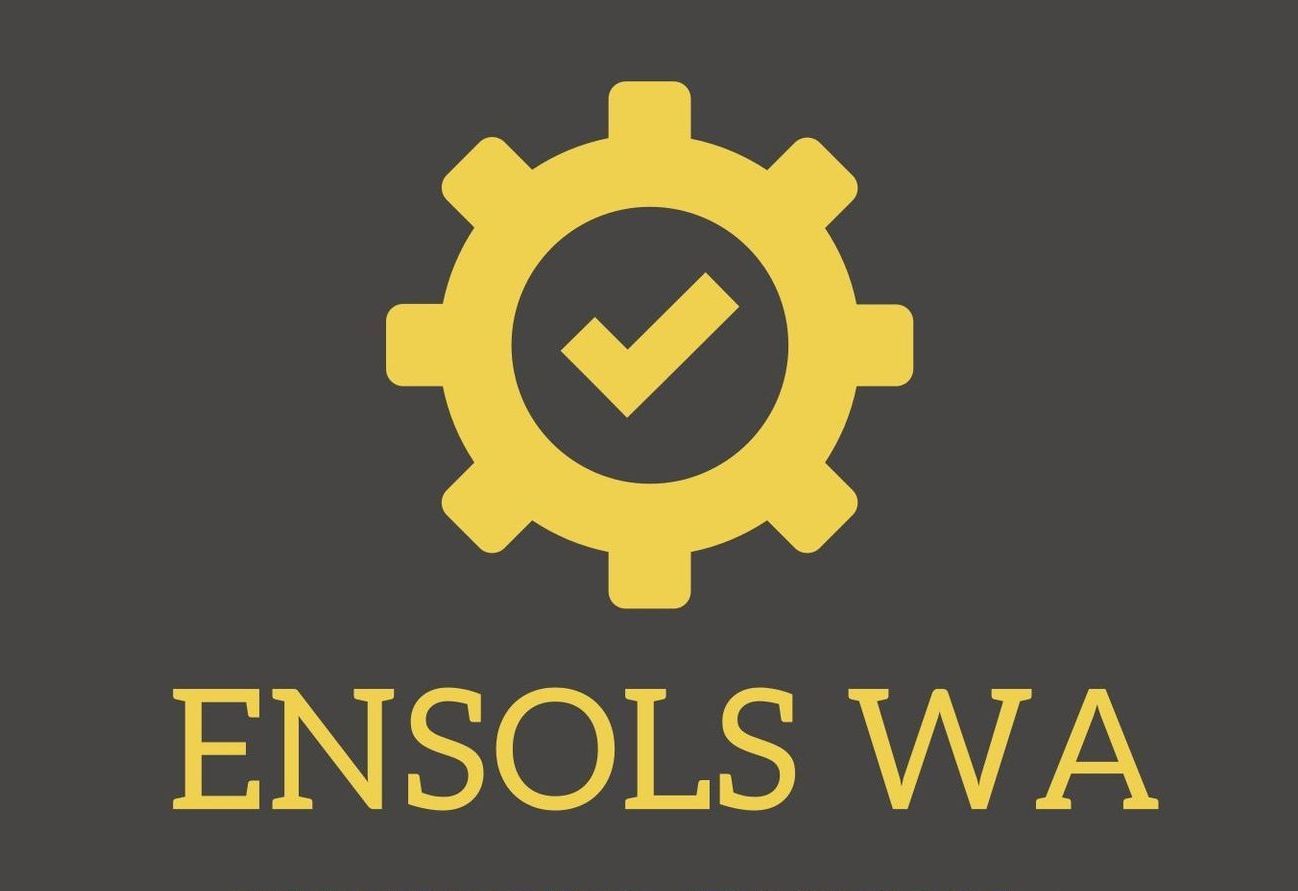OUR SERVICES
Valve Management
Valve management is the systematic process of overseeing, maintaining, and optimising a facility’s valve population to ensure operational reliability, safety, and cost-efficiency. It’s about knowing what valves you have, understanding their condition and performance, and keeping them running smoothly—or replacing them before they fail.
In many industries, where valves control everything from crude flow to slurry pipelines, poor management can lead to leaks, shutdowns, or catastrophic pressure incidents. Yet, many facilities in Australia and beyond struggle with:
- No clear count or map of their valves.
- Unknown valve types, failure risks, or lifespans.
- Missing histories, datasheets, or documentation.
That’s where expert valve management steps in—turning chaos into control.
What We Offer
At ENSOLS WA, our valve management service takes the guesswork out of your industrial valves—manual, control, and safety alike. We help oil, gas, and mining facilities across Australia (and beyond) run safer and smarter. Here’s what’s included:
Valve Inventory & Mapping
- What It Is: We catalogue every valve in your facility—how many, where they are, and what they do.
- Why It Matters: Most plants don’t know their valve count or locations. We create a detailed map so nothing’s overlooked, whether it’s a gate valve in a pipeline or a safety valve on a pressure vessel.
- Outcome: You get a clear baseline—no more surprises when a mystery valve fails.
Valve Identification & Typing
- What It Is: We identify each valve’s type (manual, control, safety) and specs (size, material, pressure rating, manufacturer, model number, etc).
- Why It Matters: Without knowing what’s installed, you can’t predict performance. A misidentified control valve in a refinery or a manual valve in a mine slurry line could spell trouble.
- Outcome: Clarity on what’s what, so you’re never caught off-guard.
Condition Assessment & Failure Mode Analysis
- What It Is: We inspect valves for wear, corrosion, or damage and analyze how they might fail (e.g., sticking, leaking, cracking).
- Why It Matters: Facilities often don’t know if a valve’s reliable or a ticking time bomb. In oil and gas, a failing safety valve could mean an explosion; in mining, a worn control valve could halt production.
- Outcome: You know which valves are solid and which need attention—before they fail.
Valve History, Documentation, & Spare Parts
- What It Is: We build a detailed history for each valve—installation date, repairs, test results—while compiling missing datasheets and records. We also catalogue spare parts, like gaskets & consumables, needed for overhauls or emergencies.
- Why It Matters: No history? No insight. Most facilities lack proper docs, making troubleshooting or audits a nightmare. Lack of spare parts also may cause delays to your turnarounds.
- Outcome: A full paper trail for compliance (like AS/NZS or API standards) and smarter decisions.

